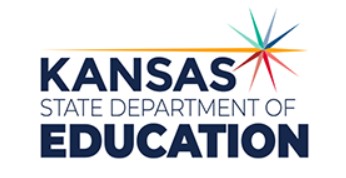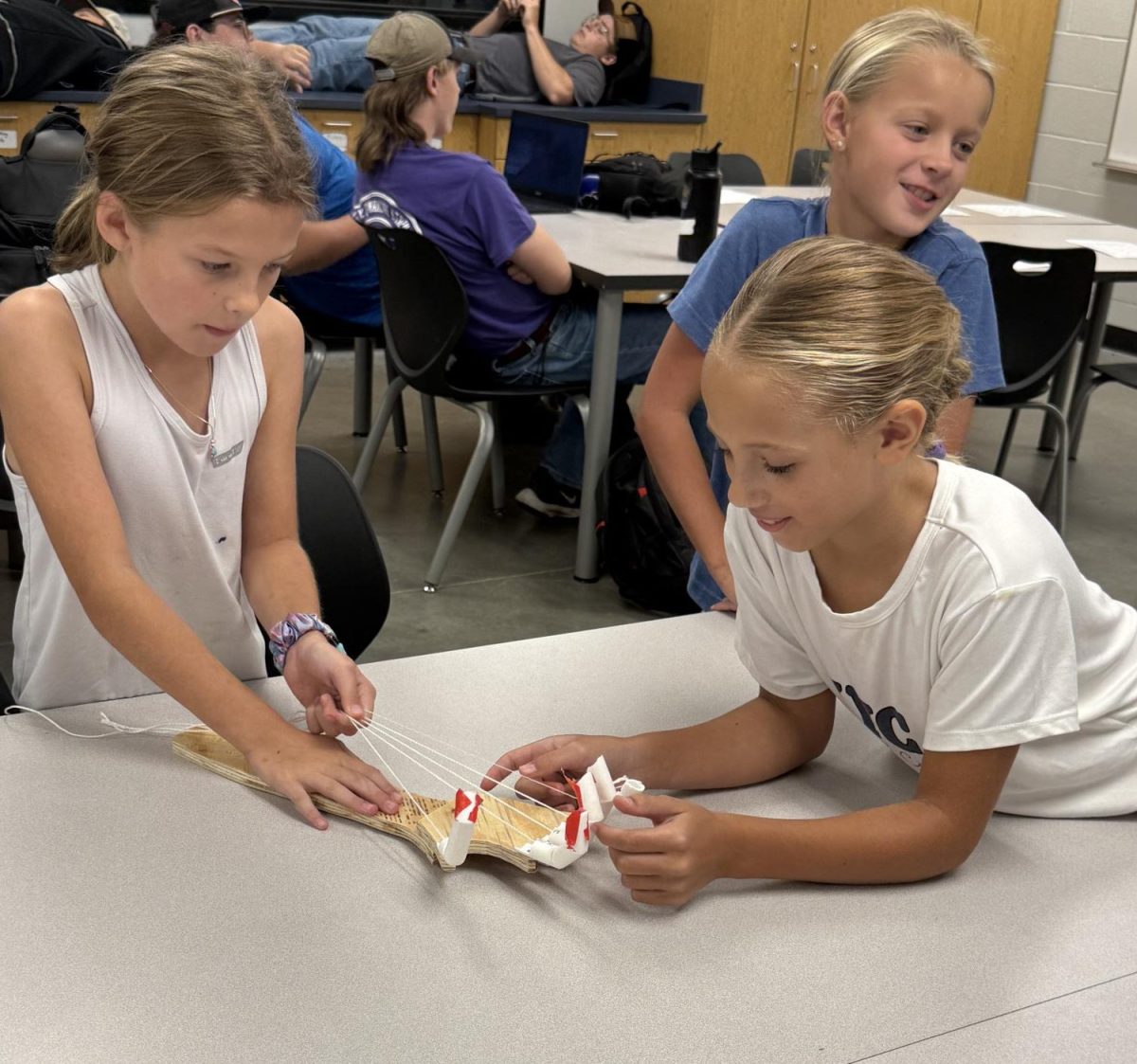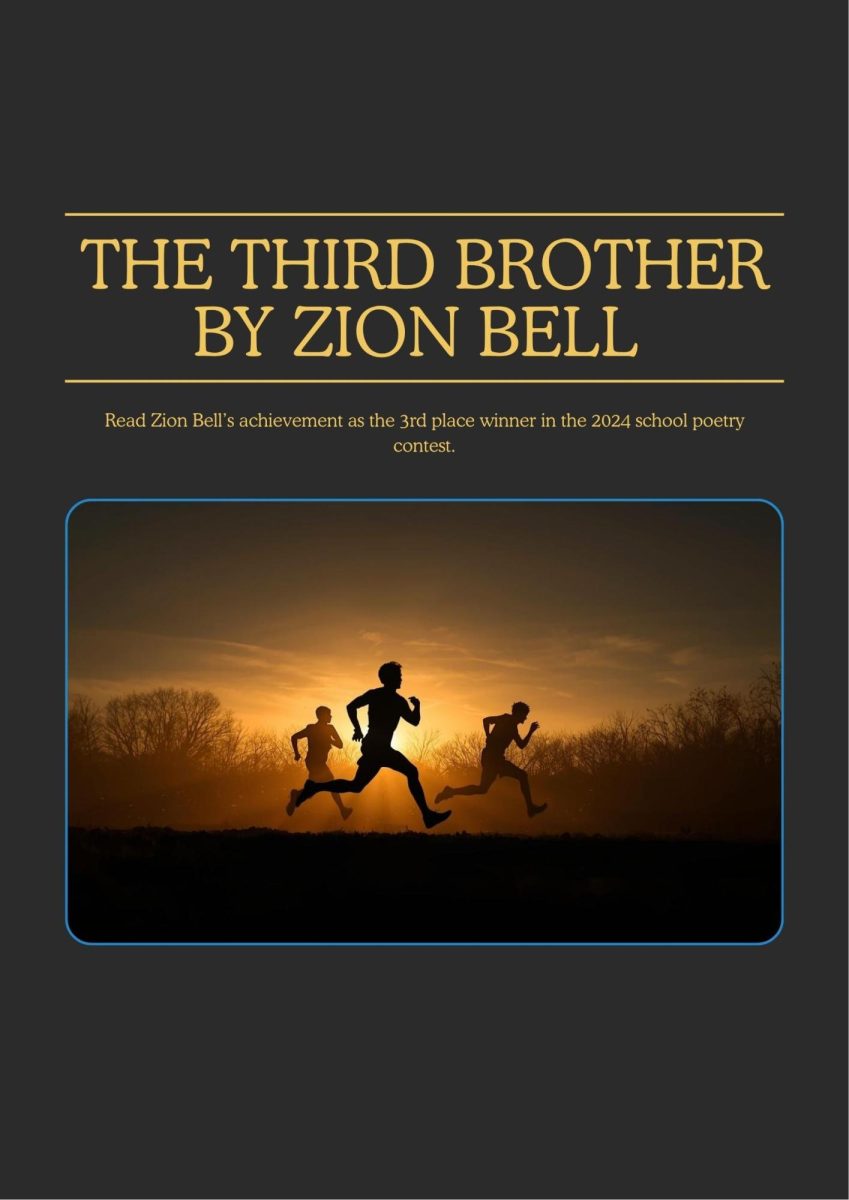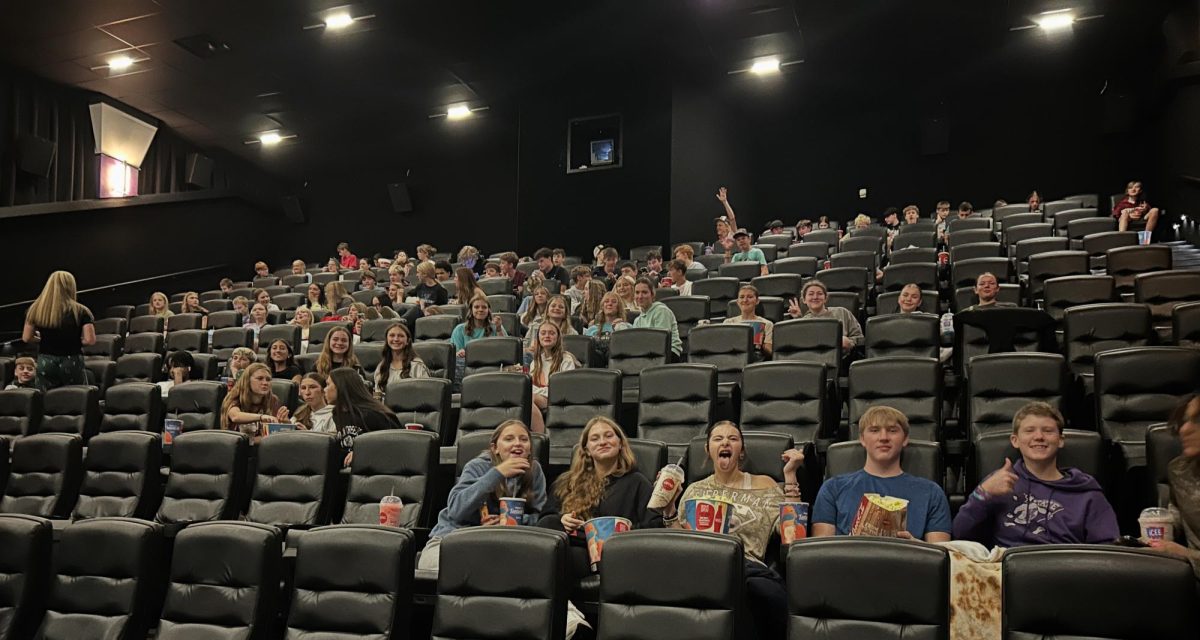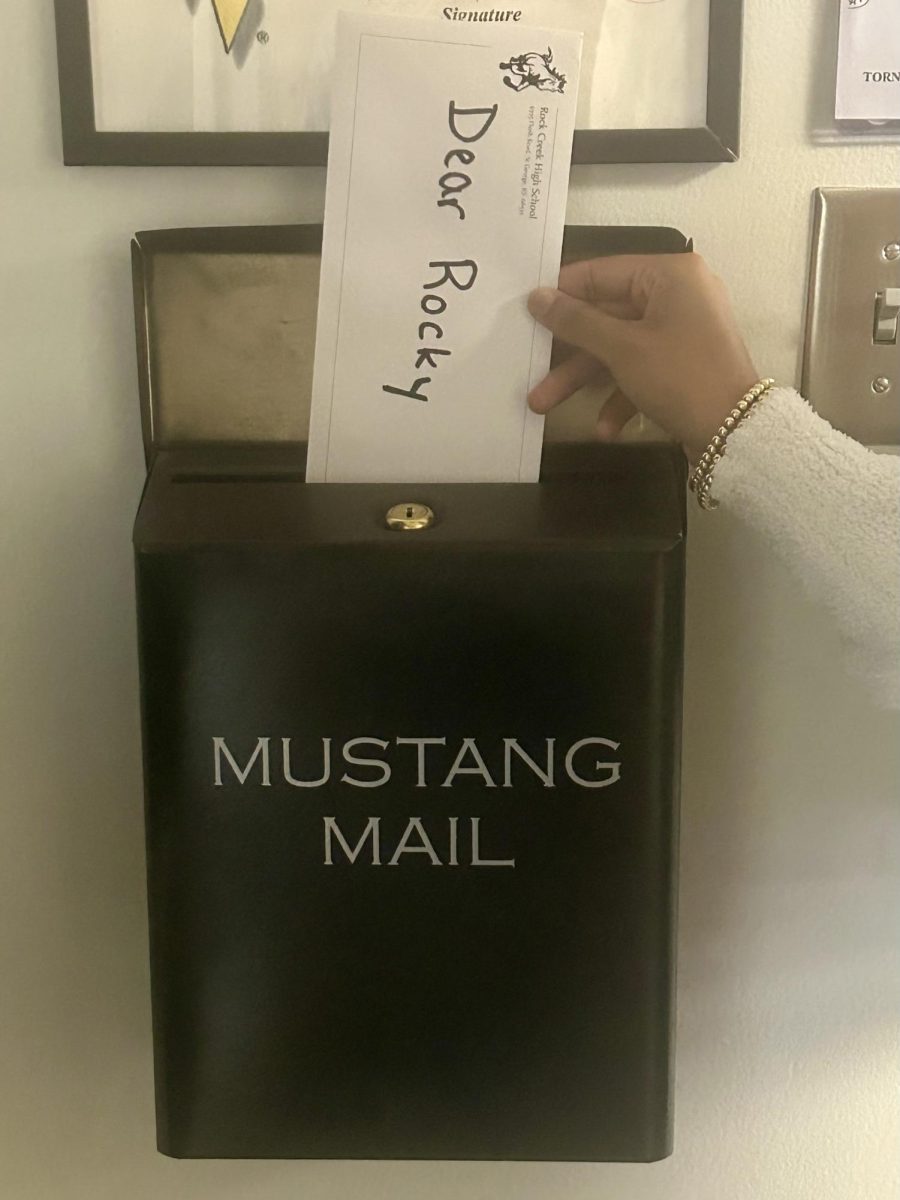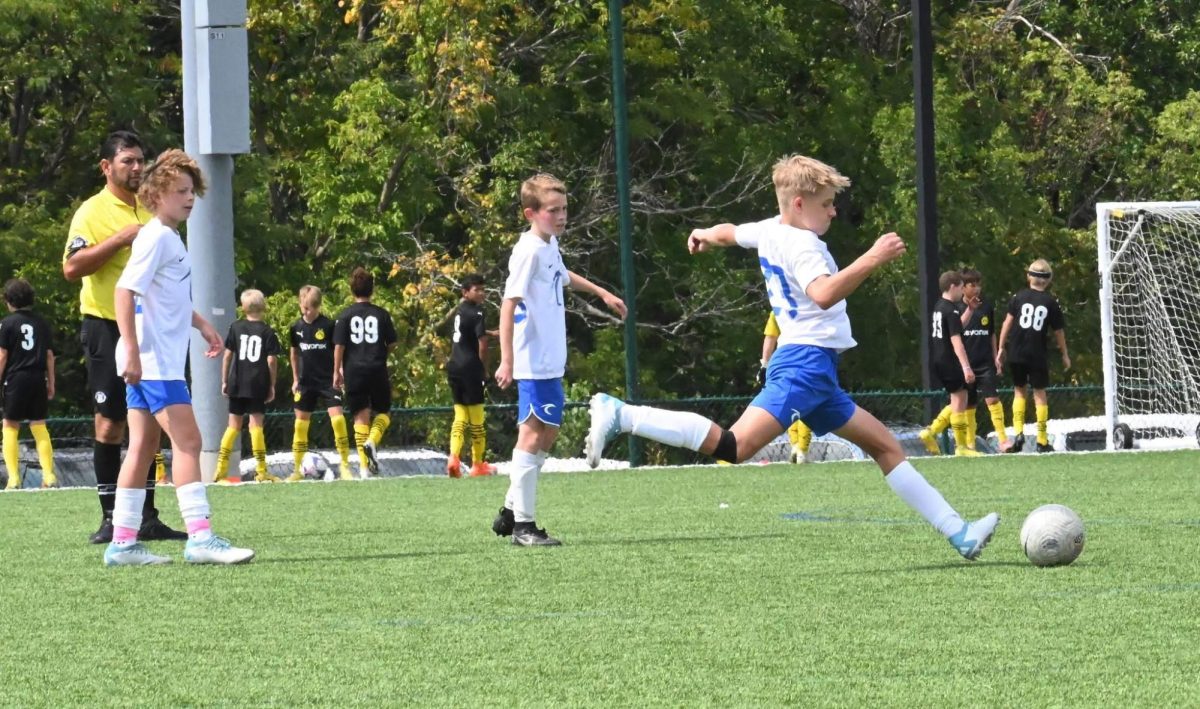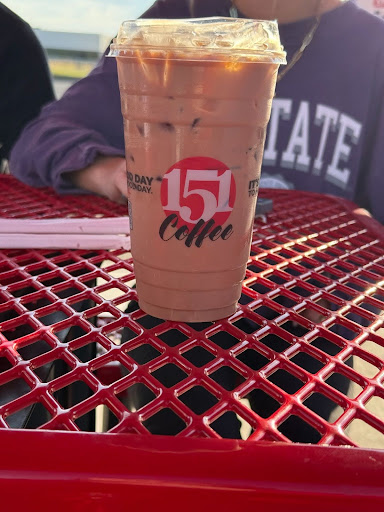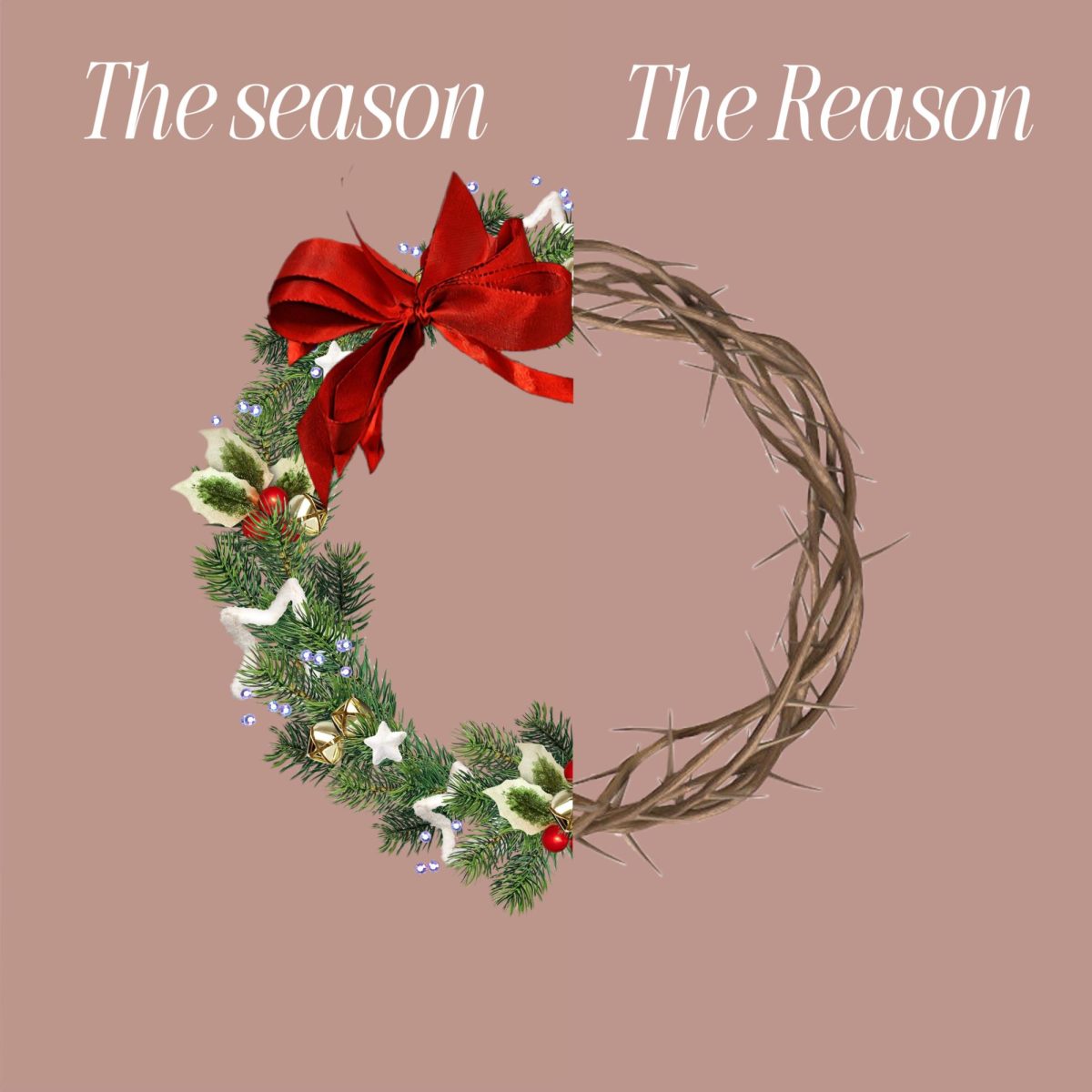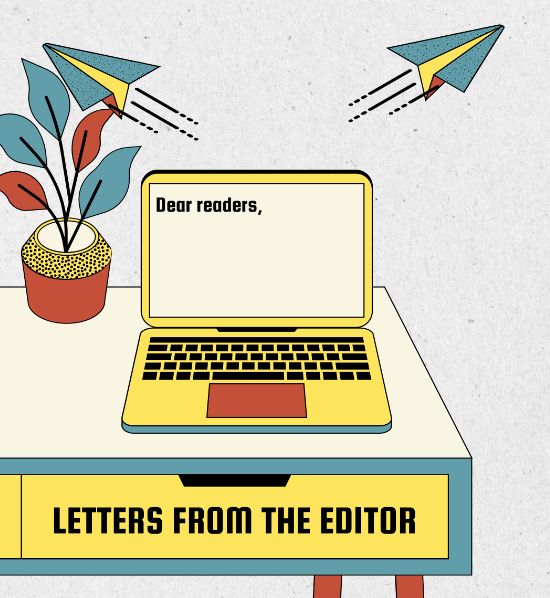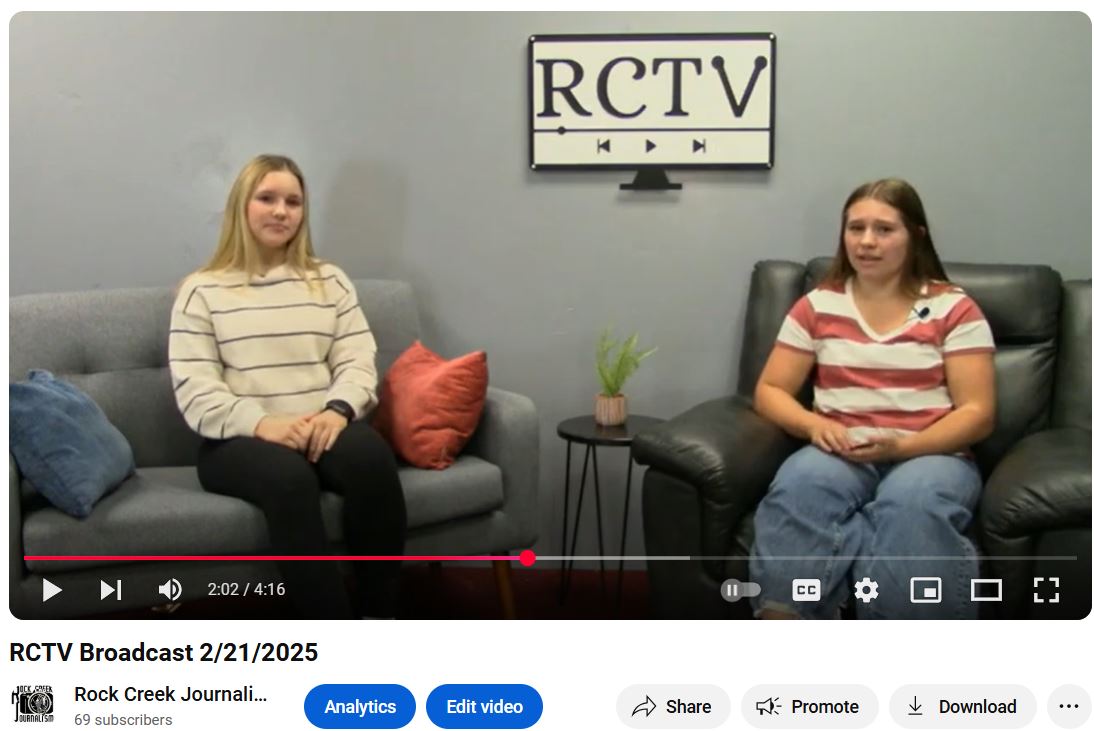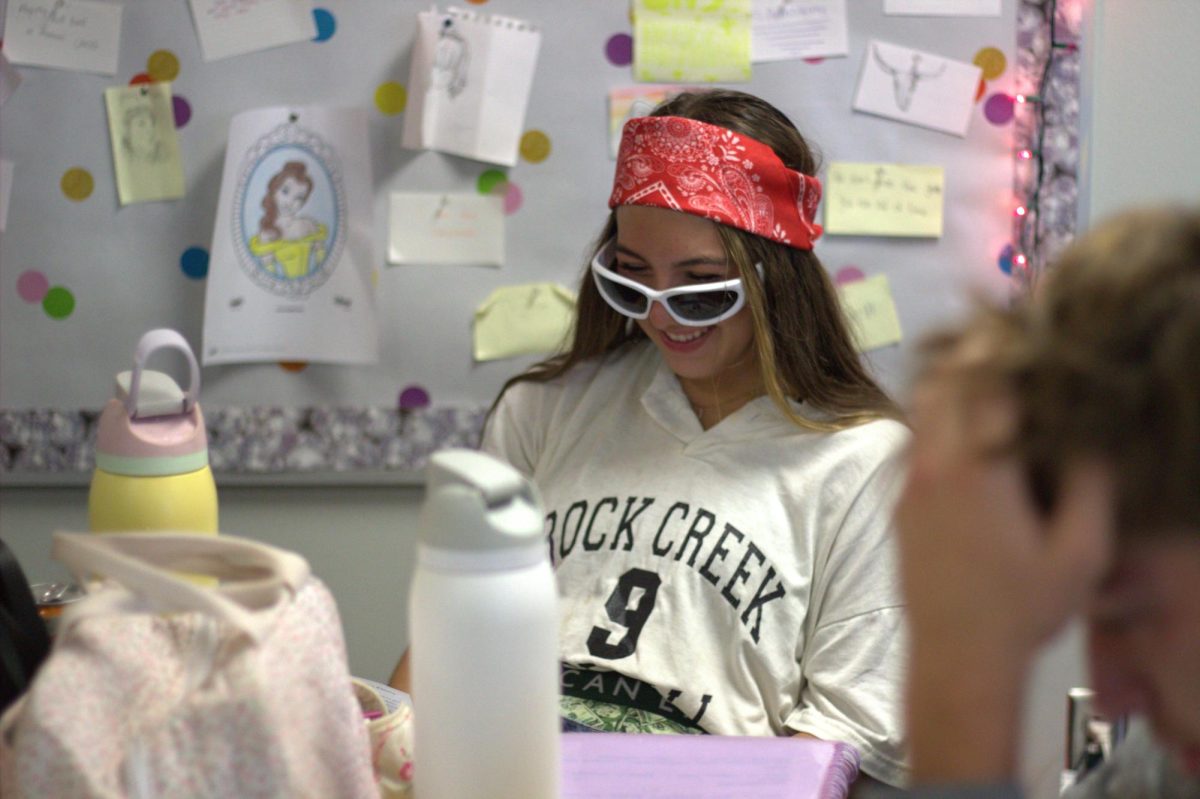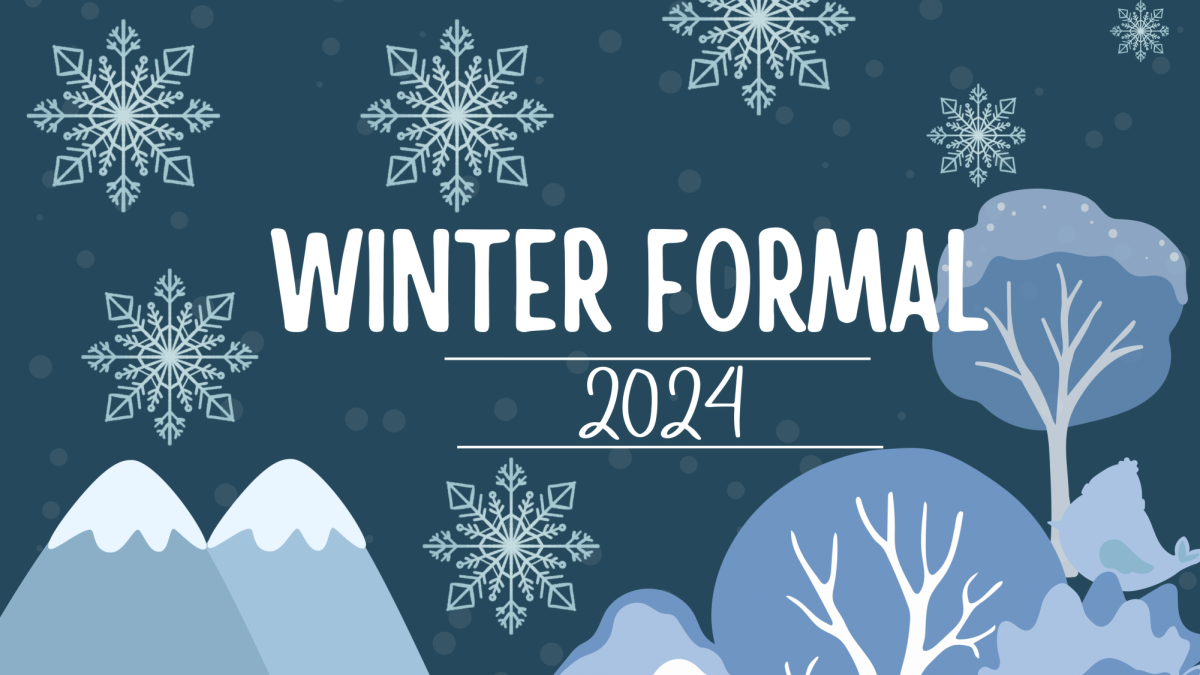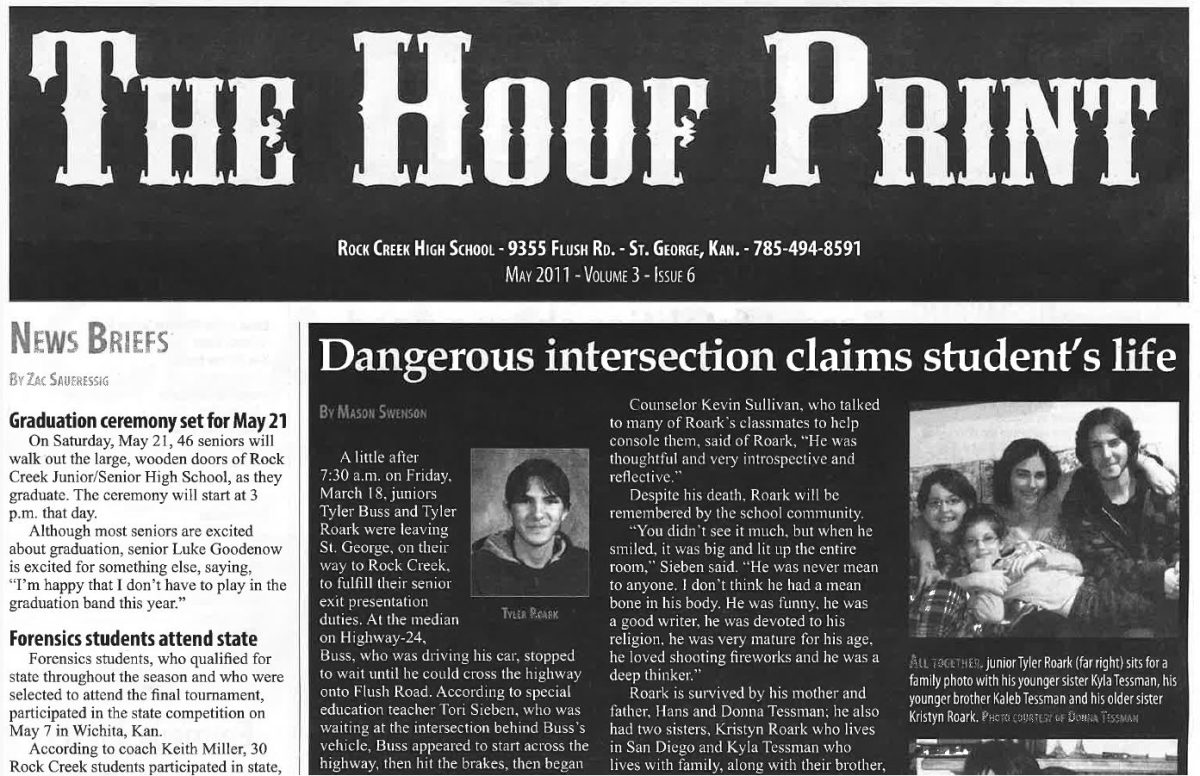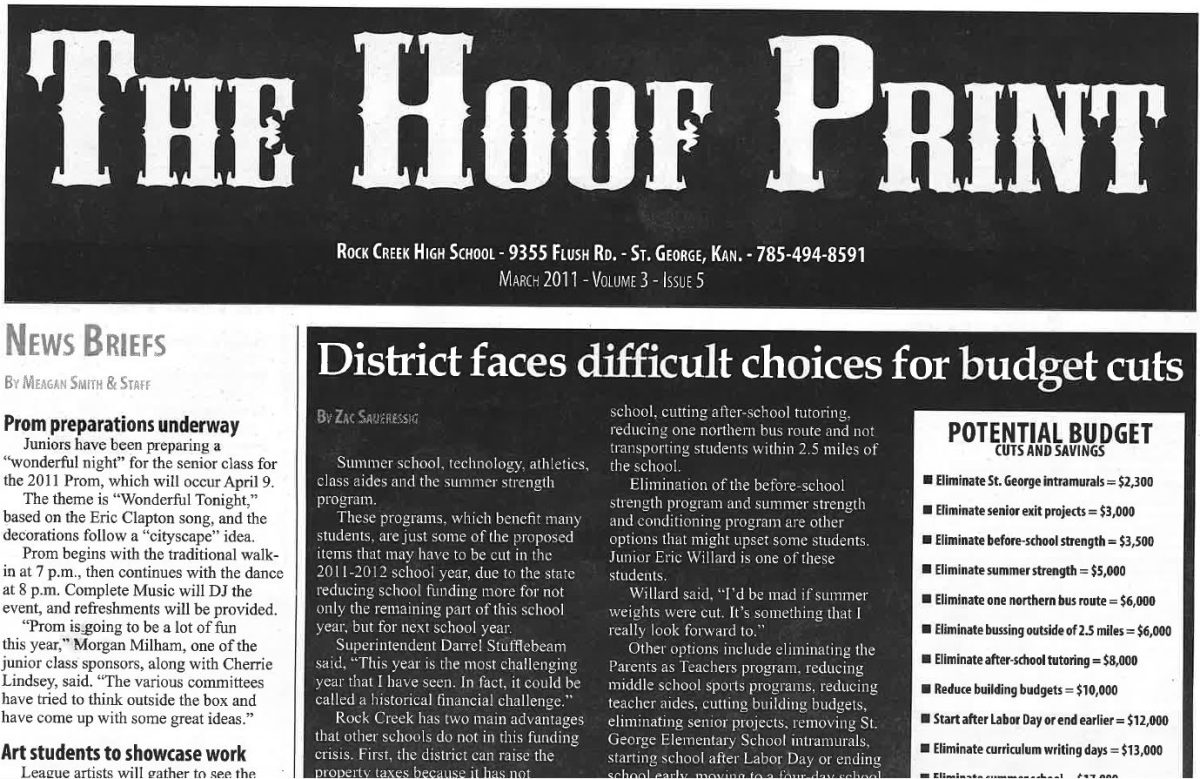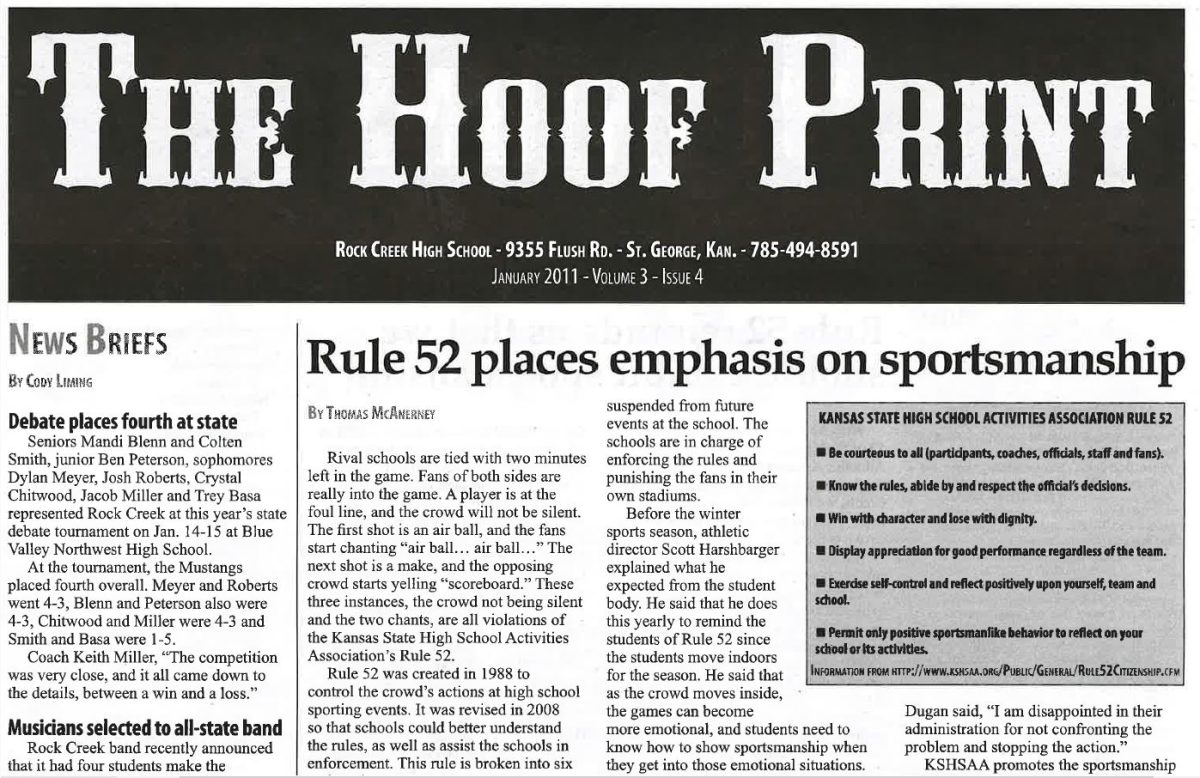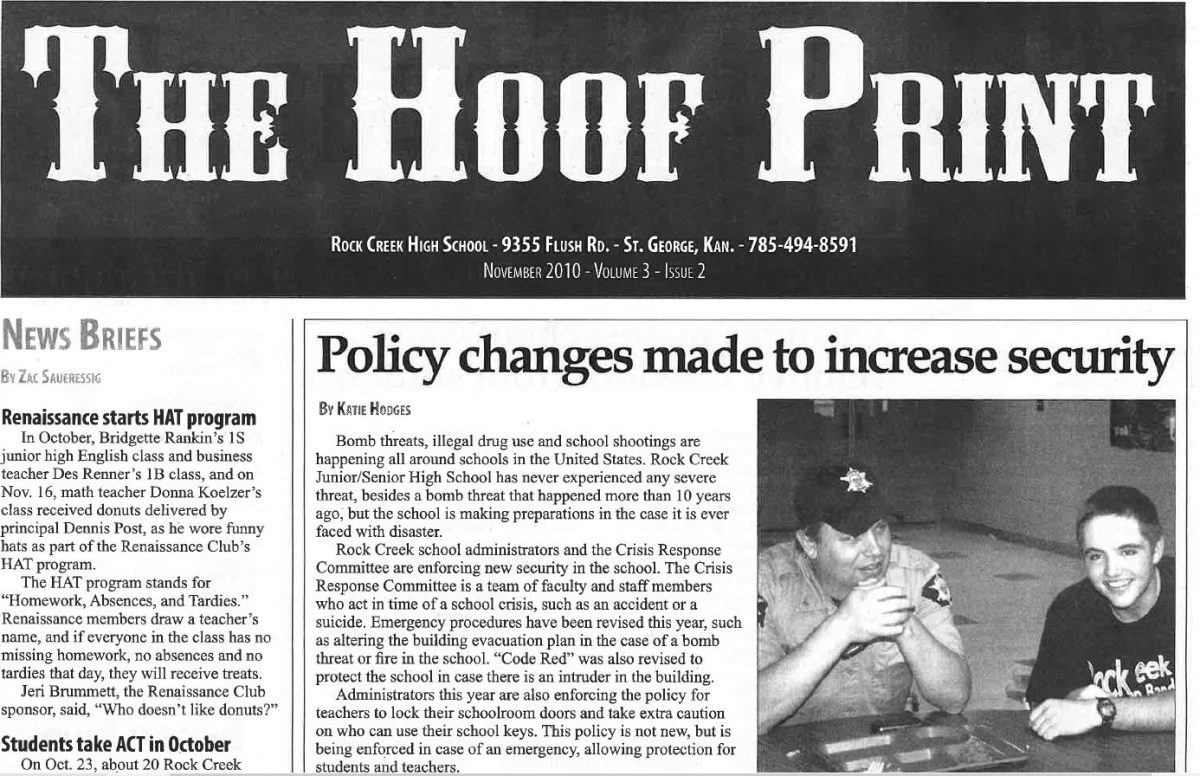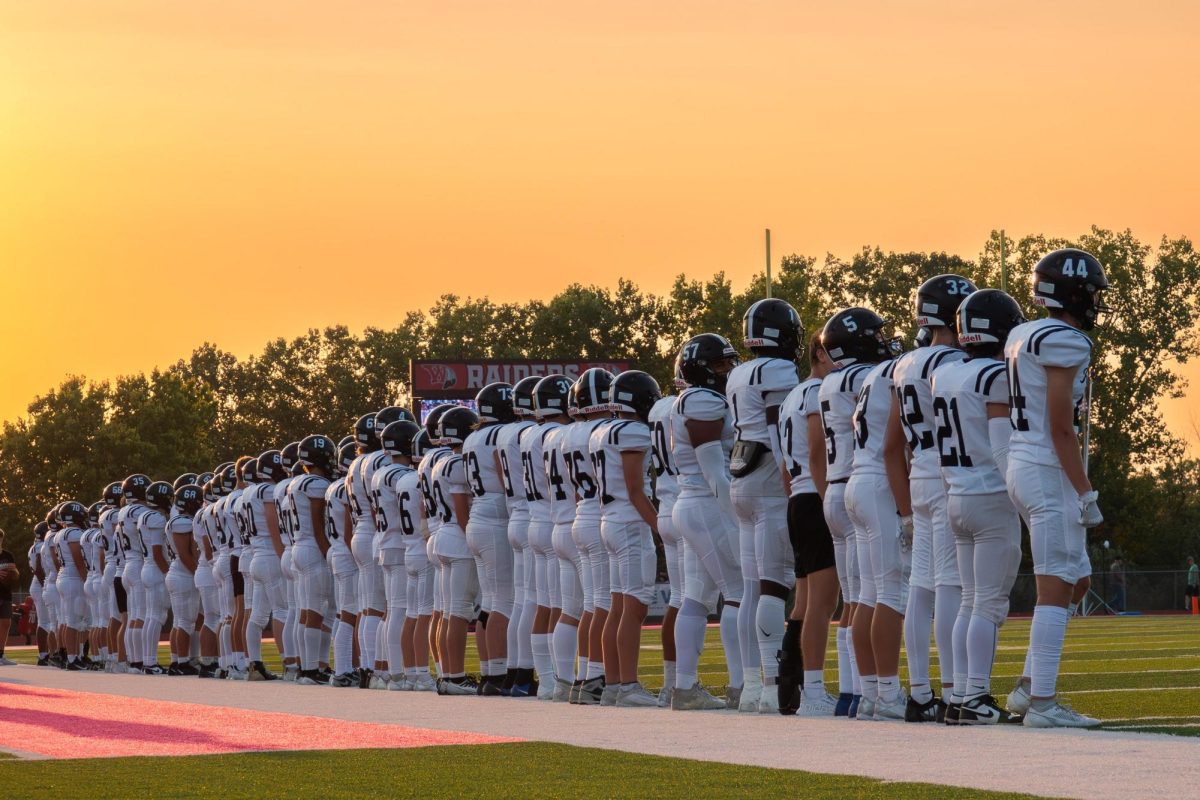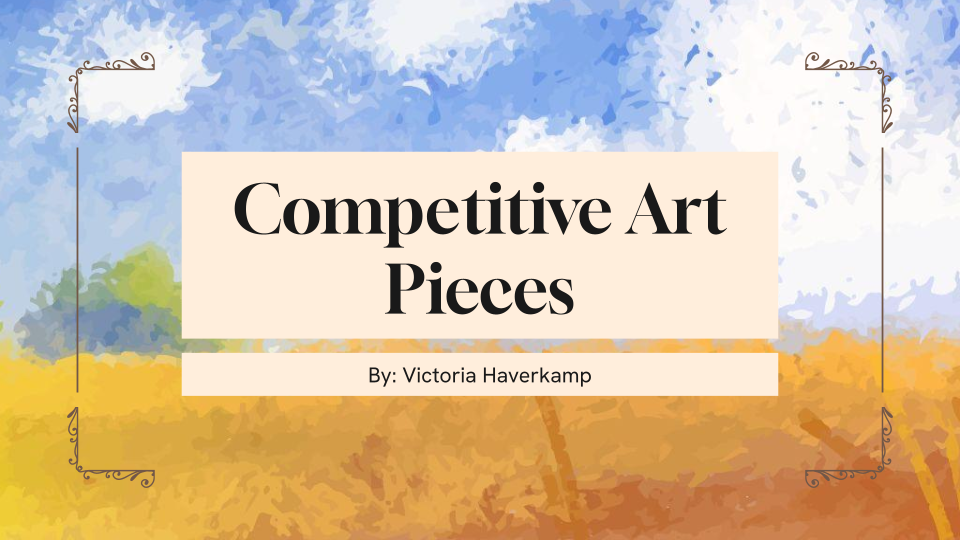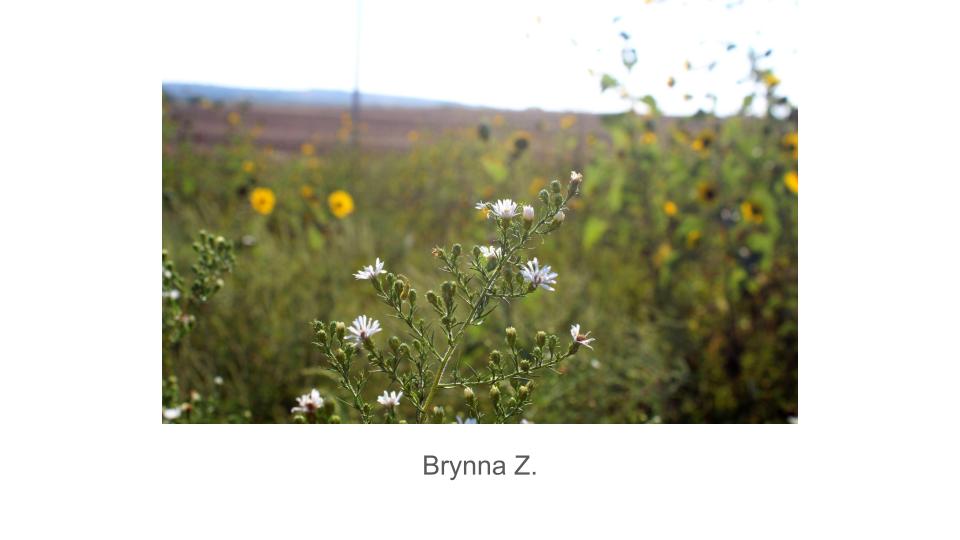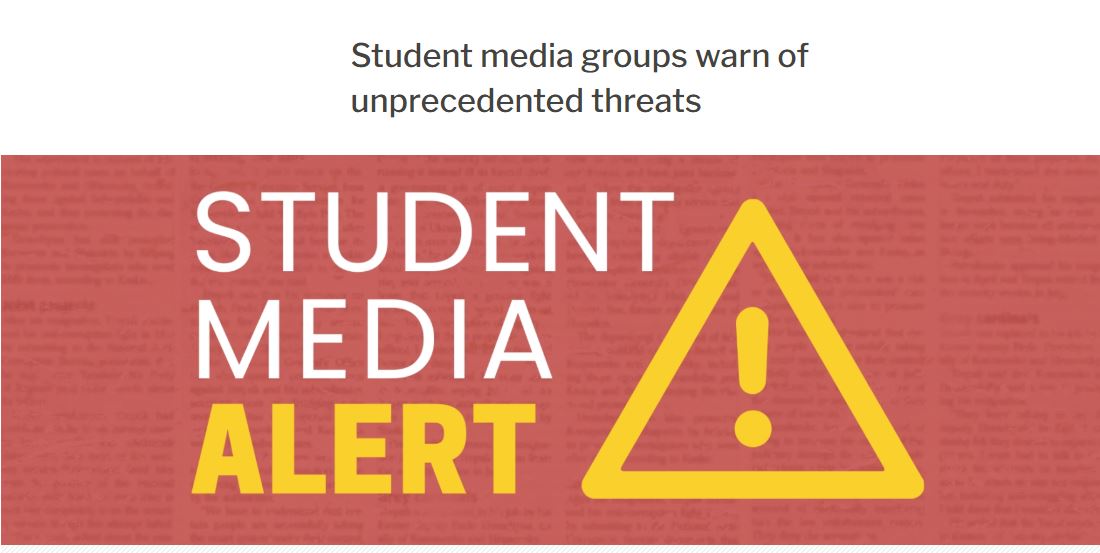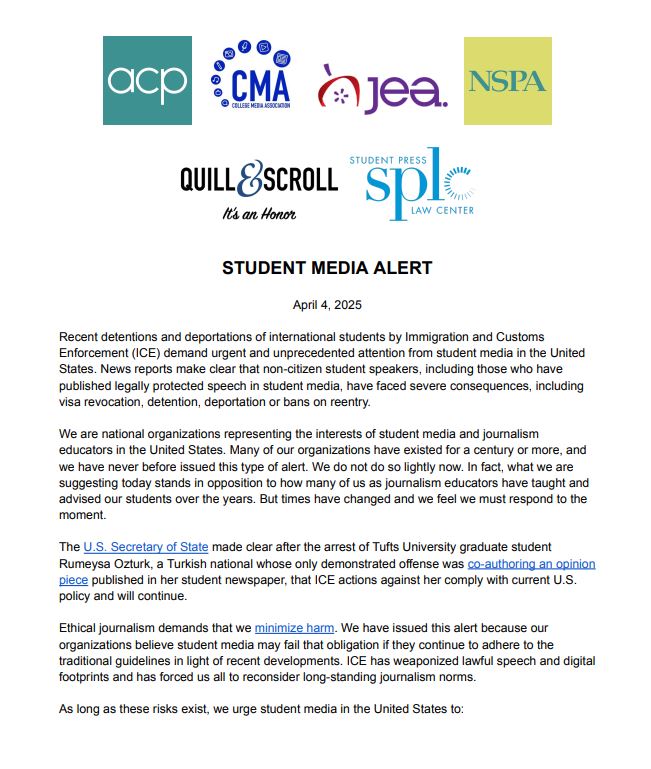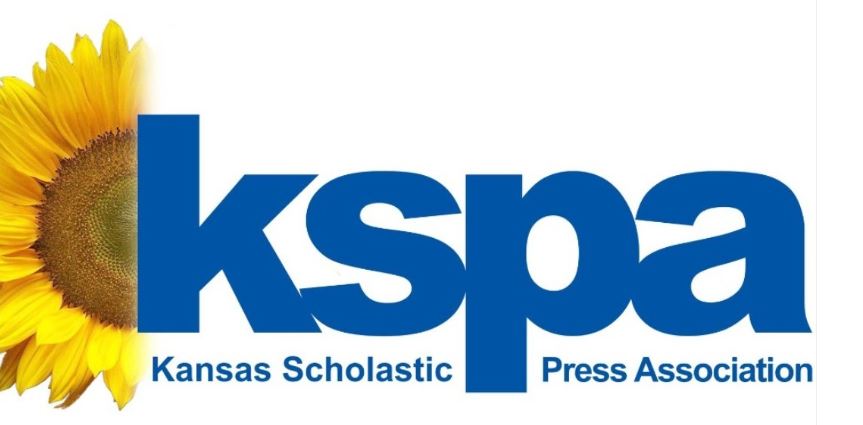In an unprecedented move, national, independent student media organizations including Journalism Educators Association (JEA), National Scholastic Press Association (NSPA), Quill & Scroll, which is the international honorary society for high school journalist and Student Press Law Center (SPLC) have issued a joint “Student Media Alert” on April 4, 2025 to student journalists and educators across the country. The alert raises concerns about the increasing threats to student speech, particularly in light of recent events, and urges student media leaders to revisit their policies on takedown requests and anonymous sources.
The alert comes in response to growing fears about the targeting of students based on their speech, especially for those whose immigration status could put them at risk. It encourages student media outlets to reconsider their policies on how to handle such sensitive matters, though it stops short of dictating specific actions. Instead, the organizations emphasize that these decisions should be made ethically by editors, with the well-being of the school community in mind.
The warning follows the detention and arrest of a Tufts University international graduate student, Rumeysa Ozturk, a Turkish national which appeared to have co-authored an opinion piece in the university’s student newspaper. This incident has led to an uptick in inquiries to the SPLC’s Legal Hotline, with questions about how to respond to an increase in takedown requests and how to protect sources and staff members from potential repercussions.
In response to the alert, Rock Creek Journalism has reviewed its own takedown policy and determined that no changes are needed at this time. Our policy remains in place, and readers can find our policy under the “About” tab on our website along with other traditional guidelines.
Student media organizations are encouraging educators to speak to their students to ensure that they understand the current risks. The are asking that student journalist be transparent with sources and audiences about anonymous sources, and to use caution in editorial decisions, they also stress that alterations to stories or promises of anonymity could have legal implications.
As the landscape of student journalism continues to evolve, these organizations remind student journalists to be vigilant and informed when making decisions that could impact their ability to speak freely and protect their sources.
